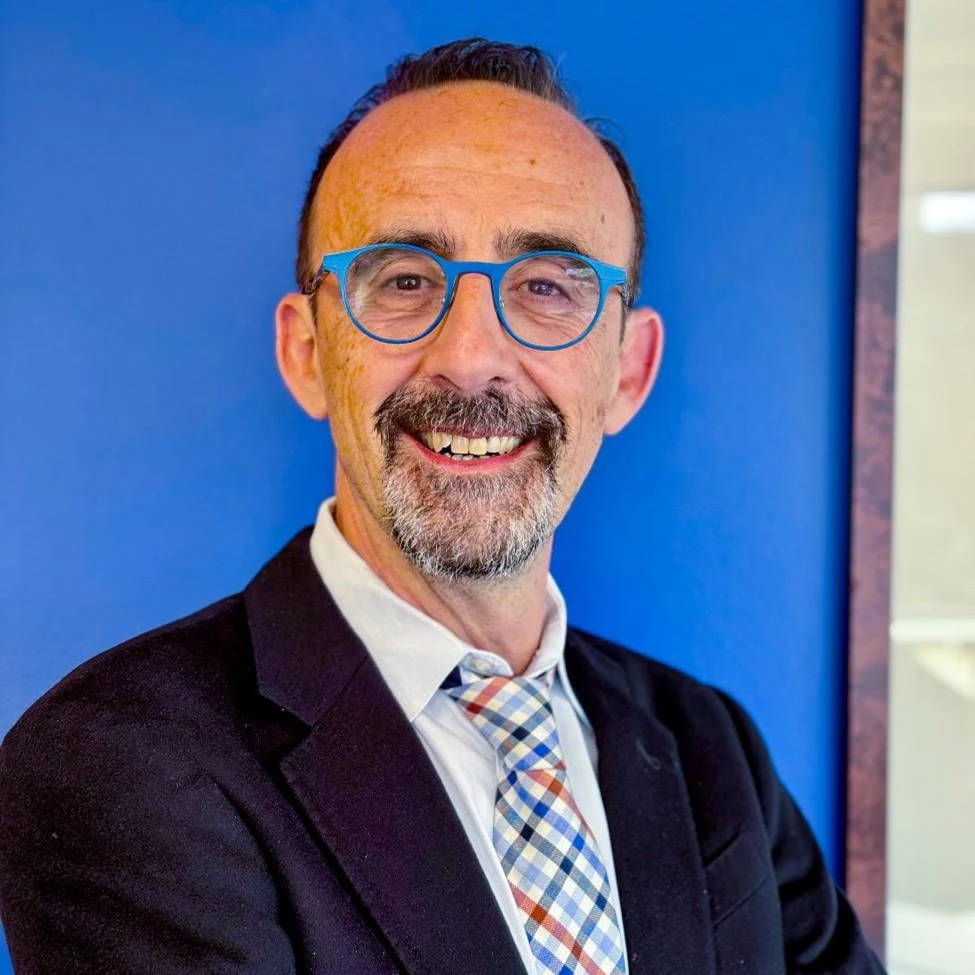 Children in a classroom in Villa Nueva, Guatemala. Copyright: Maria Fleischmann/World Bank
Children in a classroom in Villa Nueva, Guatemala. Copyright: Maria Fleischmann/World Bank
At COP29 in Baku, education took center stage as leaders and youth advocates gathered to discuss one of the most underleveraged tools in climate action: education. The World Bank pavilion hosted a powerful conversation that brought together voices from four continents, each sharing unique perspectives on how education can drive climate action while also needing protection from climate impacts.
Education: A powerful but under-used instrument for climate action
Less than 1.5% of climate finance goes to education, despite its proven impact. Just one additional year of education can increase climate change awareness by 9%. The impact is even more powerful when climate content is woven throughout education systems, as it creates ripple effects beyond the classroom: Children influence their parents' attitudes and behaviors, helping build broader community support for the policies needed to reduce carbon emissions.
Countries are actively working to leverage education's power. The State of Pará in Brazil has taken bold steps by making climate education mandatory for 6–17-year-olds. Why? "Because change either comes culturally from the foundation starting with children, or we won’t achieve transformation," emphasized Rossieli Soares, Secretary of Education of Pará.
Importantly, Pará's approach demonstrates how climate education aligns with core learning priorities. As Soares explained, "If we want to ensure that children in the Amazon have access to factors of transformation, they need to be literate and have a minimum level of mathematical knowledge... Climate education is obviously linked to the most basic learning."
Other countries are taking similar balanced approaches. In Ukraine, despite the challenges of war, environmental competence has become one of 10 key life skills in their school reform, demonstrating how climate awareness can be mainstreamed across the curriculum.
Building resilience and green skills through education
But increasing climate awareness is not enough—implementing climate policies requires a workforce equipped with new skills and capabilities. Young people are at the forefront of reimagining green careers. As Jodie Bailey-Ho, a youth focal point for sustainability with the UK Department for Education, explained, "It's not just technology anymore... nurses, lawyers, politicians—all of those jobs can be considered green jobs beyond just the traditional realm." This youth perspective is increasingly shaping policy, with Bailey-Ho describing how young people serve as "critical friends" to policymakers, ensuring climate education reflects real needs and aspirations.
In South Africa, this connection between education and economic transformation is particularly vital. "At the heart of our thinking about this transition is how to build sustainable livelihoods," explained Crispian Olver, Executive Director of South Africa’s Presidential Climate Commission. With a coal-dependent economy facing massive economic shifts, their just energy transition partnership includes significant investment in skills development and regional economic diversification.
"We need to think about industrial policy and social support interventions that create sustainable enterprises and build out green value chains," Olver emphasized, highlighting how the goal is ensuring every person has a place in the future economy.
Protecting education systems from climate impacts
Education systems themselves are increasingly vulnerable to climate impacts. The urgency of climate-proofing these systems was starkly illustrated by the panel's examples. Since 2022, over 400 million young people have lost at least 28 days of learning due to climate-related events, with students in low-income countries losing up to 45 days.
In Brazil's Amazon region, extreme weather events have left some communities isolated for up to 90 days, cutting off access to schools. Ukraine is incorporating climate resilience into its reconstruction efforts, with Deputy Minister Yevhen Kudriavets describing how new underground schools are being designed with energy independence and renewable power sources.
The cost of adapting education systems for climate change—estimated at $18.51 per student—is modest compared to the potential loss of learning and future earnings. As Bailey-Ho pointed out, research shows that for every one-degree increase in temperature, there's a measurable impact on learning outcomes.
Looking ahead to COP30
As attention turns to COP30 in Belém, Brazil, the Amazon setting offers a powerful backdrop for advancing education's role in climate action. As Soares noted, "Don't come to see beautiful buildings and magnificent structures—the most magnificent structure that we are going to present to the world are our great trees, our great forest and the largest rivers in the world, so come prepared to discuss how those help preserve the world and how the world can help preserve them."
To build momentum, Brazil is planning a Youth COP in March 2025, where young people aged 8-17 will engage with complex topics like financing and carbon neutrality, ensuring youth voices help shape the main conference's agenda.
Education must be central to climate action, not peripheral to it. This requires:
- Increased climate financing for education
- Integration of climate education into core curricula
- Investment in climate-resilient school infrastructure
- Meaningful youth engagement in policy-making
- Protection of educational access in climate-vulnerable regions
The path forward requires us to recognize education not just as a victim of climate change, but as a powerful catalyst for climate action. The voices from COP29 made it clear: if we want to choose a better future, we must unlock the full potential of education in addressing the climate crisis.
To receive weekly articles, sign-up here



Join the Conversation